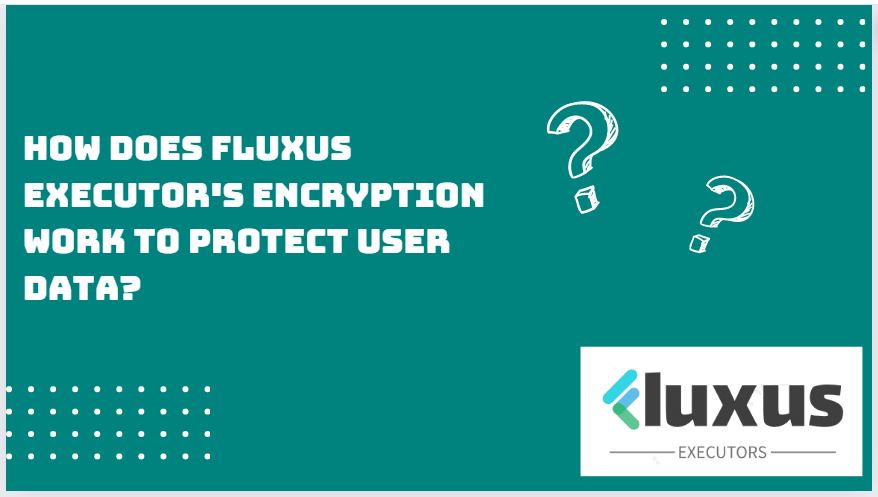Fluxus Executor employs several encryption techniques to secure users’ data when scripts run, improving overall security.
Here are the most essential elements of how it operates:

Data Encryption
- Secure data Transmission: Fluxus Executor employs encryption protocols to safeguard data that is transmitted between the device of the user and the servers of the executor. This guarantees that any sensitive information, including the user’s credentials as well as script data, is safe from unauthorized access by criminals.
- Script Protection: The executor encodes scripts prior to when the scripts are run. This stops any unauthorized gain of access to the script’s contents, which makes it hard for other users to duplicate or use scripts developed by the users.
Authentication Mechanisms
- Session Security: Fluxus implements a robust authentication system that requires users to verify their session. This is done by using unique session keys, which are generated and stored securely, ensuring only users who are authorized can run scripts.
- Key System The free version: To use the Key System version, users need to purchase keys to access the executor. The key is part of the security protocol to prevent unauthorized use and ensures that only authorized users are able to execute scripts.
Regular Security Updates
- Continuous improvement: The team of developers behind Fluxus is dedicated to continually updating the executor. This also includes improvements to its encryption strategies and general security features. It is a proactive strategy to address possible vulnerabilities and helps keep users’ data secure.
Conclusion
Overall, Fluxus Executor’s encryption, as well as safety measures, have been designed to safeguard users’ data effectively, which makes it a solid option for those who want to run scripts within Roblox while reducing the risk that comes with unauthorized access to data and data breaches.
